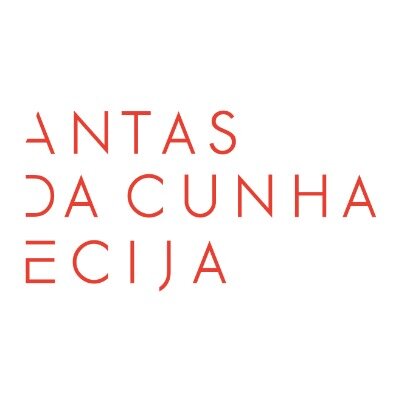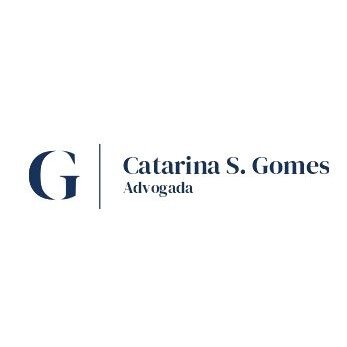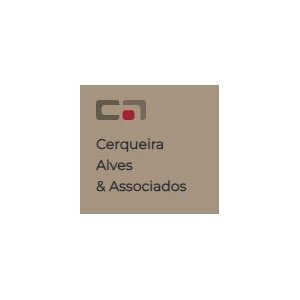Best Structured Finance Lawyers in Braga
Share your needs with us, get contacted by law firms.
Free. Takes 2 min.
List of the best lawyers in Braga, Portugal
About Structured Finance Law in Braga, Portugal
Structured finance is a specialized area of financial law that involves complex financial instruments and transactions. In Braga, Portugal, structured finance typically includes securitization, syndicated loans, project finance, and other asset-backed financing arrangements. The main goal is to help companies and financial institutions raise capital, manage risk, and optimize their financial structures. Because of its intricate nature, structured finance law requires a detailed understanding of both Portuguese and international legal frameworks, especially when cross-border transactions are involved.
Why You May Need a Lawyer
There are several situations where legal assistance is crucial in the field of structured finance. Companies or individuals may need a lawyer if they are planning to restructure debt, issue asset-backed securities, or participate in large-scale project financing. Legal advice is also essential when navigating compliance with local and EU regulations, negotiating complex contracts, or handling disputes related to structured finance products. Additionally, lawyers play a vital role in risk assessment, drafting transaction documents, and ensuring all financial processes meet required legal standards.
Local Laws Overview
Structured finance activity in Braga operates within a comprehensive legal and regulatory framework. Some key aspects include:
- Portuguese Civil Code and Commercial Code govern contractual and business arrangements.
- The Securities Code (Código dos Valores Mobiliários) regulates the issuance of tradable securities, including asset-backed securities.
- Bank of Portugal (Banco de Portugal) oversees financial institutions and ensures compliance with anti-money laundering rules.
- The Portuguese Tax Authority (Autoridade Tributária) sets out tax obligations relevant to structured finance transactions, such as stamp duty and VAT.
- EU directives, such as the Capital Requirements Directive (CRD) and Markets in Financial Instruments Directive (MiFID), apply to many structured finance operations in Portugal.
- Specific laws address securitization vehicles (Sociedades de Titularização de Créditos) and requirements for the transfer and management of credit rights.
It is important for participants in structured finance deals to understand these laws to ensure their transactions are legally compliant and tax-efficient.
Frequently Asked Questions
What is structured finance?
Structured finance refers to sophisticated financial transactions that are designed to meet particular funding needs, often through securitization or other complex mechanisms.
Is structured finance regulated in Portugal?
Yes, structured finance is subject to various national laws and EU regulations. Oversight is provided by both Portuguese authorities and European regulators.
Who can participate in structured finance transactions?
Typically, banks, financial institutions, large corporations, and sometimes government agencies participate in structured finance deals in Braga.
Why do companies use structured finance?
Companies use structured finance to access capital, manage risk more effectively, and enhance balance sheet efficiency.
What legal risks are associated with structured finance?
Potential risks include non-compliance with local or EU regulations, litigation over contractual terms, and tax implications arising from complex transactions.
Is legal advice mandatory for structured finance transactions?
While not legally required in all scenarios, professional legal advice is highly recommended due to the complexity and regulatory requirements involved.
Does structured finance have tax consequences?
Yes. Many structured finance transactions have significant tax implications in Portugal. Proper planning with a legal expert is essential to ensure tax efficiency and compliance.
Can foreign entities participate in structured finance in Braga?
Yes. Foreign entities often participate, but they must comply with Portuguese legislation and any applicable EU regulations.
How long does it take to conclude a structured finance transaction?
Transaction duration varies greatly depending on complexity, number of parties involved, and regulatory approvals required. Generally, it may take several weeks to several months.
Where can I find qualified lawyers for structured finance in Braga?
Braga is home to several law firms with experience in banking and finance law. Professional associations and local bar directories are good places to start your search.
Additional Resources
If you are seeking further information or assistance regarding structured finance in Braga, consider the following resources:
- Order of Portuguese Lawyers (Ordem dos Advogados): The national bar association offers directories of qualified legal professionals specializing in bank and finance law.
- Bank of Portugal (Banco de Portugal): Regulates banking and provides information on financial supervision.
- Portuguese Securities Market Commission (CMVM): Regulates securities markets and provides guidance on compliance and reporting requirements.
- Portuguese Tax Authority (Autoridade Tributária): Offers guidance on tax treatment of financial products and transactions.
- Industry Associations: Organizations such as Associação Portuguesa de Bancos and the Portuguese Association of Financial Companies also provide insights and updates relevant to the sector.
Next Steps
If you need legal assistance in structured finance in Braga, start by identifying your needs and gathering all relevant documentation regarding your proposed transaction or issue. Next, consult with a qualified lawyer or law firm that specializes in finance and banking law. They can help you navigate the complexities of local and international regulations, advise on compliance, and draft the necessary legal documents. Ensure that any lawyer or advisor you work with has experience handling structured finance matters specifically in the Portuguese context, as local expertise is essential to achieve the best outcome. If you are uncertain where to start, reach out to professional associations or regulatory bodies for referrals or recommendations.
Lawzana helps you find the best lawyers and law firms in Braga through a curated and pre-screened list of qualified legal professionals. Our platform offers rankings and detailed profiles of attorneys and law firms, allowing you to compare based on practice areas, including Structured Finance, experience, and client feedback.
Each profile includes a description of the firm's areas of practice, client reviews, team members and partners, year of establishment, spoken languages, office locations, contact information, social media presence, and any published articles or resources. Most firms on our platform speak English and are experienced in both local and international legal matters.
Get a quote from top-rated law firms in Braga, Portugal — quickly, securely, and without unnecessary hassle.
Disclaimer:
The information provided on this page is for general informational purposes only and does not constitute legal advice. While we strive to ensure the accuracy and relevance of the content, legal information may change over time, and interpretations of the law can vary. You should always consult with a qualified legal professional for advice specific to your situation.
We disclaim all liability for actions taken or not taken based on the content of this page. If you believe any information is incorrect or outdated, please contact us, and we will review and update it where appropriate.











